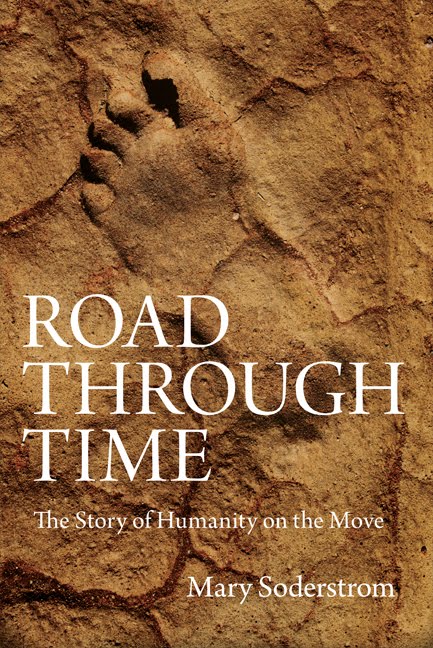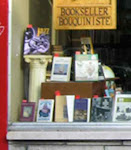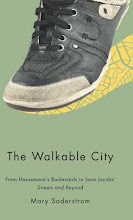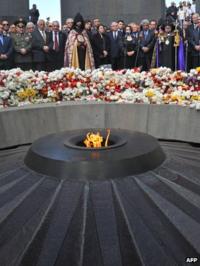The news yesterday was full of images from Nigeria, where people were marking the
sad anniversary of the kidnapping of 132 girls
and young women by Boko Haram a year ago. What is going on with
fundamentalist groups is extremely hard for me to understand. The
BBC recently did a piece on
the Nigerian group, which gives some context. The aim is a caliphate
where Sharia law rules, it seems. Everything Western should be
forbidden.
But Muslims are not the only terrorists in the world, as witness Uganda's Lord's Resistance Army,
a rebel group operating on
borders separating Uganda, Sudan, the Central African Republic and the
Democratic Republic of Congo. Ostensibly motivated by Christian
revelations, it uses child soldiers with impunity.
Inter-ethnic
violence also is a curse, and probably to date conflicts like those
which have pitted Hutus against Tutsis in Rwanda and Burundi have
killed and displaced more than the Muslim groups have.
How did things come to this? Two novels I read recently give a little insight.
The first is
Running the Rift
by Naomi Benaron. It tells the story of Jean-Patrick Nkuba, a Tutsi in
Rwanda who wants to run. He has a chance to represent his country in
the Olympics, but is caught up in the 1994 genocide. Much of his family
is wiped out, but he escapes. The frenzy that led up to killing
spree--estimates are that at least 500,000 people were killed in three
months--is portrayed in terrifying detail. The story is not all horror
though because it ends with a certain hopefulness that forgiveness is
possible.
The subtext is that competition for land can
be manipulated to profit the self-interest of individuals, and that
vestges of colonial domination have exacerbated things.

The second is
Three Weeks in December by
Audrey Schulman takes place in Rwanda and Kenya. There actually are
two "three weeks," the first at the end of the 19th century and the
other at the beginning of the 21st. In alternating sections, Schulman
tells the story of an engineer from Maine who heads up the team building
of a railroad from Mombasa on the Indian Ocean coast to what would
become Nairobi, and of a brilliant woman ethnobotanist who has
Asperger's Syndrome and who is searching for a medicinal plant in the
mountains where the last mountain gorillas live.
There's
an O. Henry-like ending that ties things up which I won't spoil, but I
think it's fair to say the two stories point out what colonialism has
done to the people and ecosystems of Africa. The dignified, wise
hunter-gatherers of the first period contrast drastically with the
drugged children's army, the Kuti, that Shulman has invented, who thrash
about, trying to recreate a pre-colonial state. Similarly, the starving
lions who ravage the railroad workers in the first story presage the
sorry state of the gorillas that the ethnobotanist hopes to protect.
Both
novels are good reads. The Schulman one, however, is plagued by sloppy
editing that casts doubt on the background research that she's done.
The two that bothered me the most were the reference to iced tea being
drunk in 1899 on a ship in the Indian Ocean (where'd the ice come from?)
and the repeated reference to jerricans, those useful metal containers
that weren't invented until the 1930s.
 All right, it looks like everything's a go.
All right, it looks like everything's a go.

























